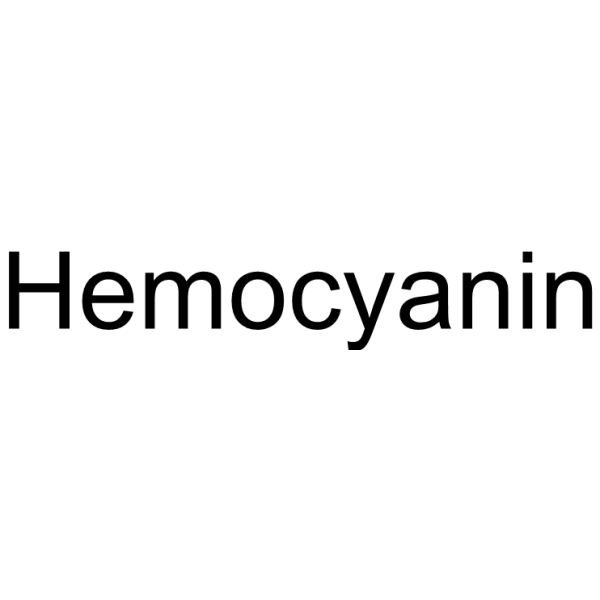Oral tolerance induction in humans.
Tim Meyer, Reiner Ullrich, Martin Zeitz
Index: Exp. Mol. Pathol. 93(3) , 449-54, (2012)
Full Text: HTML
Abstract
Oral tolerance designates the status of systemic hyporesponsiveness against an antigen that makes contact with the immune system via the mucosa of the gastrointestinal tract. In various animal models of autoimmune disease the feeding of the particular autoantigen has been shown to tolerize the animal, thereby ameliorating the course of disease. In contrast, effectivity has not been found in human trials to induce oral tolerance in patients suffering from autoimmune disease. However, the underlying mechanisms of tolerance in rodents, in particular the induction of anti-inflammatory cytokines, seem to be functional in humans as well. Studies using the human neoantigen keyhole limpet hemocyanin (KLH) offer experimental access to examine cellular and molecular basics of oral tolerance in humans required to raise the efficiency of oral tolerance induction in clinical trials.Copyright © 2012 Elsevier Inc. All rights reserved.
Related Compounds
| Structure | Name/CAS No. | Molecular Formula | Articles |
|---|---|---|---|
 |
Hemocyanin
CAS:9013-72-3 |
|
Binding of WIP to actin is essential for T cell actin cytosk...
2014-12-01 [Mol. Cell. Biol. 34(23) , 4343-54, (2014)] |
|
Identification and characterization of the related immune-en...
2014-02-01 [Mol. Immunol. 57(2) , 263-73, (2014)] |
|
Tofacitinib suppresses antibody responses to protein therape...
2014-07-01 [J. Immunol. 193(1) , 48-55, (2014)] |
|
NEDD4 ubiquitinates TRAF3 to promote CD40-mediated AKT activ...
2014-01-01 [Nat. Commun. 5 , 4513, (2014)] |
|
Impact of thiamine deficiency on T-cell dependent and T-cell...
2012-12-01 [J. Aquat. Anim. Health 24(4) , 258-73, (2012)] |